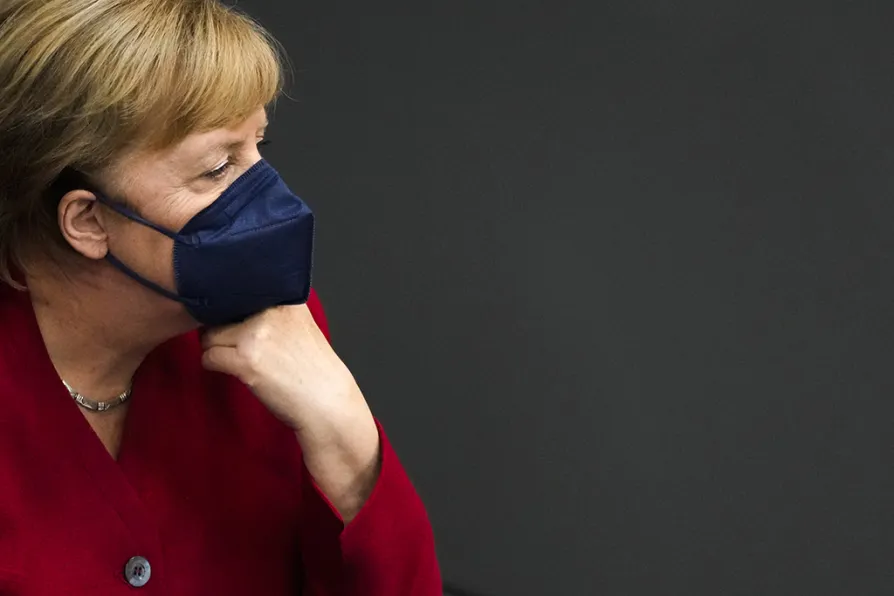John Wojcik pays tribute to a black US activist who spent six decades at the forefront of struggles for voting rights, economic justice and peace – reshaping US politics and inspiring movements worldwide

 Long goodbye: Angela Merkel is to leave office after 16 years
Long goodbye: Angela Merkel is to leave office after 16 years
THE forthcoming Bundestag — German parliament — elections on September 26 will be a nail-biting affair and the outcome will have repercussions not only for national politics but also for Germany’s role internationally.
The new Bundestag’s first task will be to elect a Chancellor. Since her election to the chancellorship in 2005, Angela Merkel has been a conciliatory and stabilising figure.
Although her party — the Christian Democratic Union (CDU-CSU) — was the largest in the Bundestag, it never had an overall majority. Throughout her chancellorship Merkel has been obliged to rule in coalition with one or two of the other parties. Her decision to resign this year, after 16 years in the post, has left a gaping hole, with no obvious successor to fill it.













